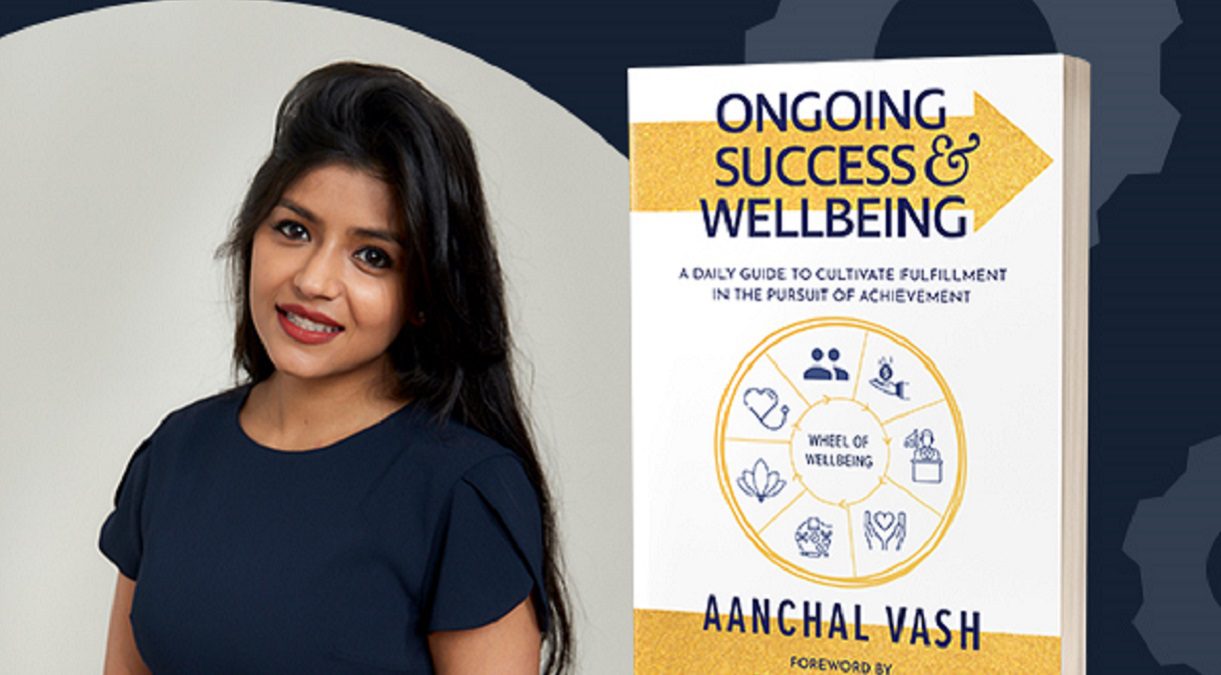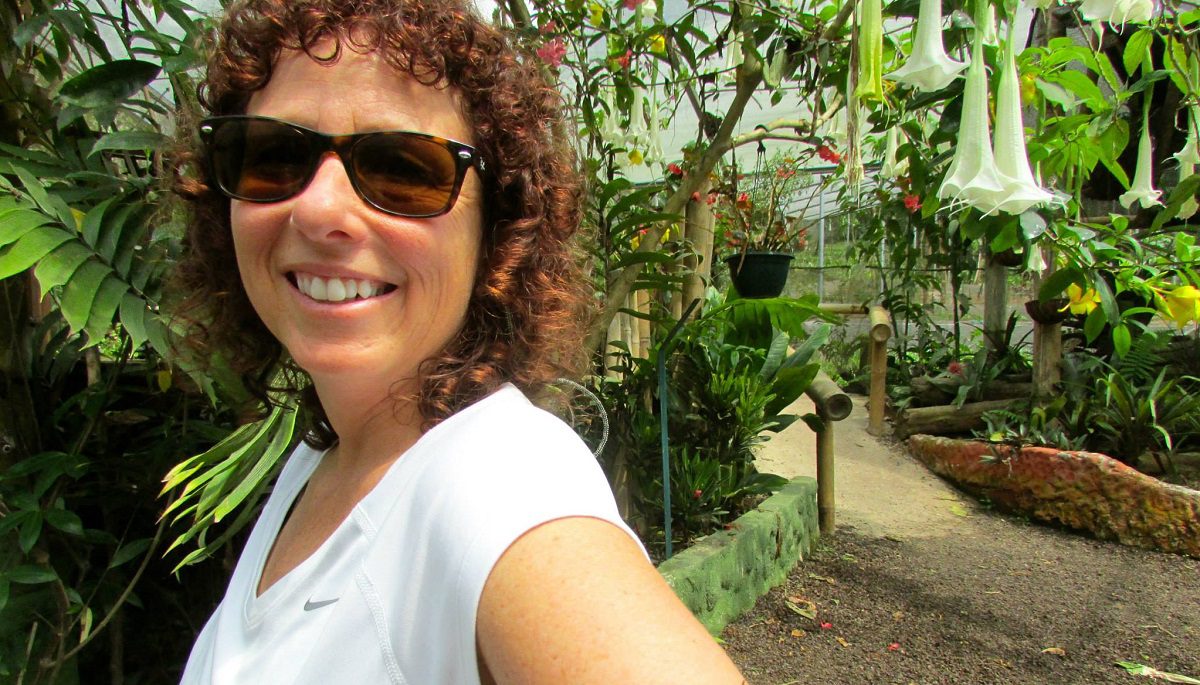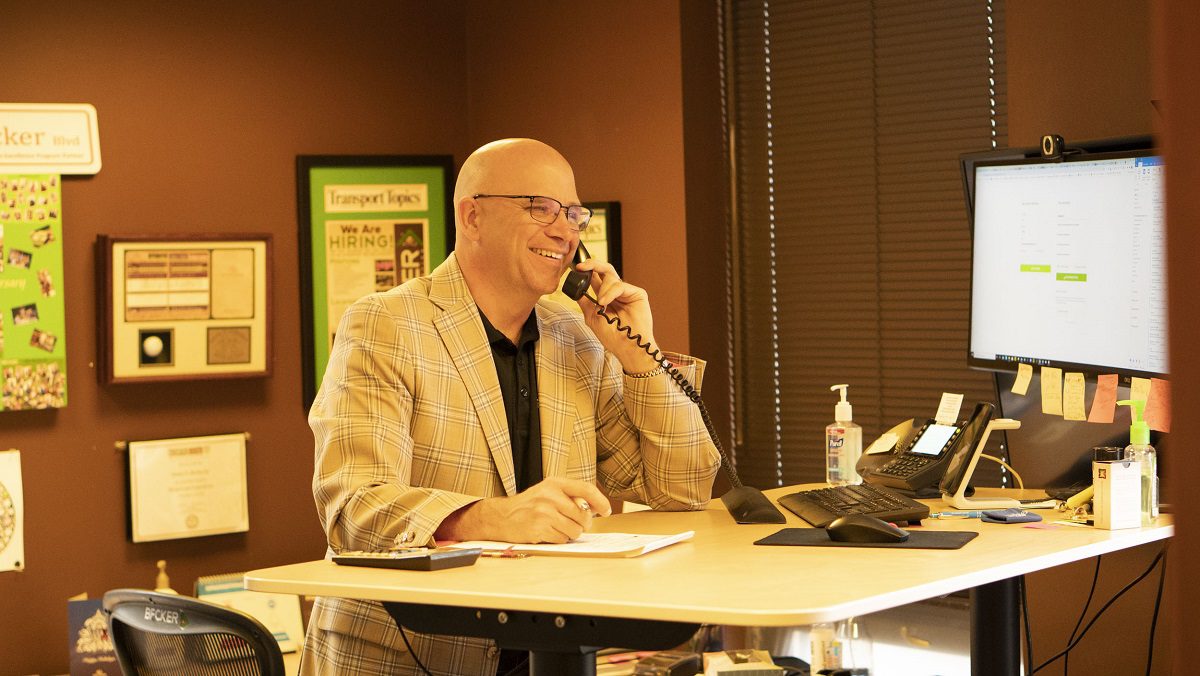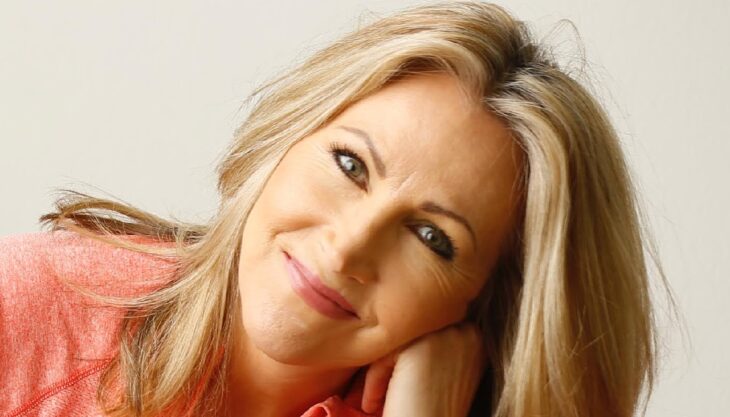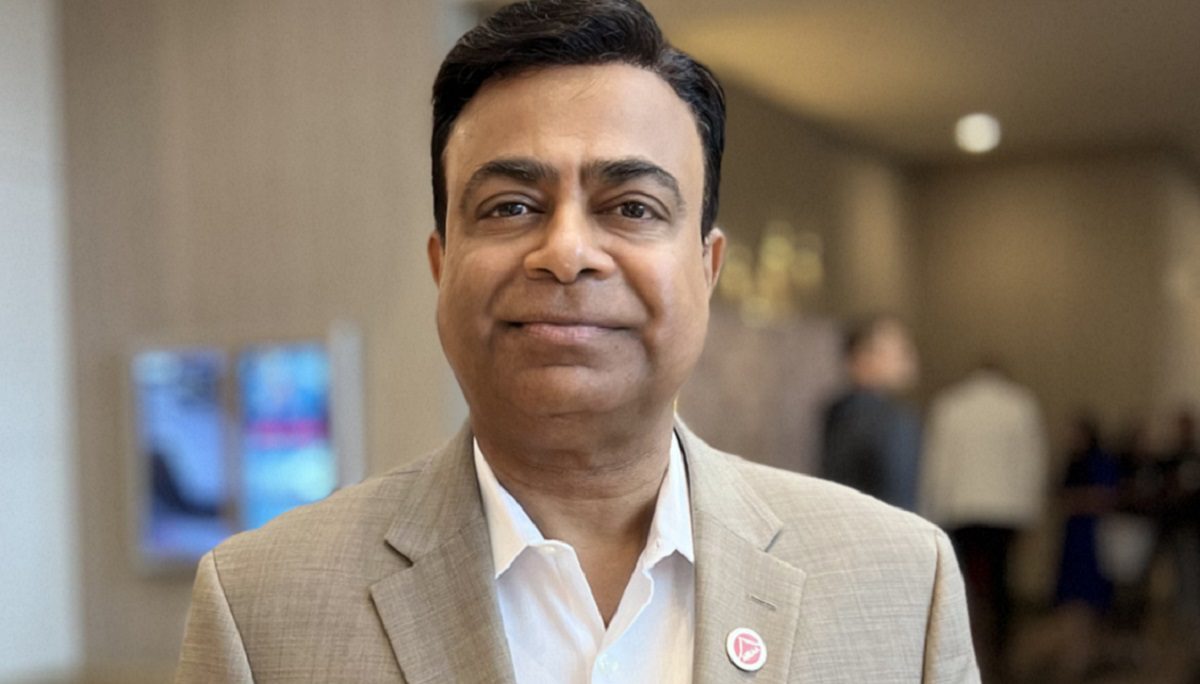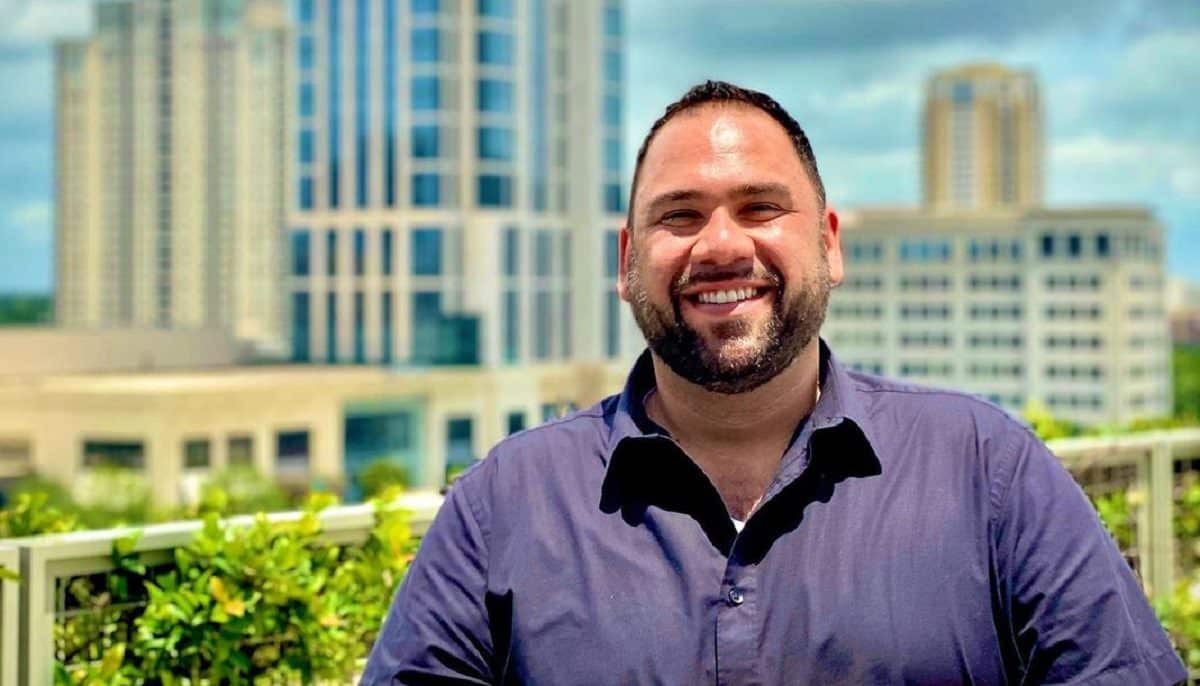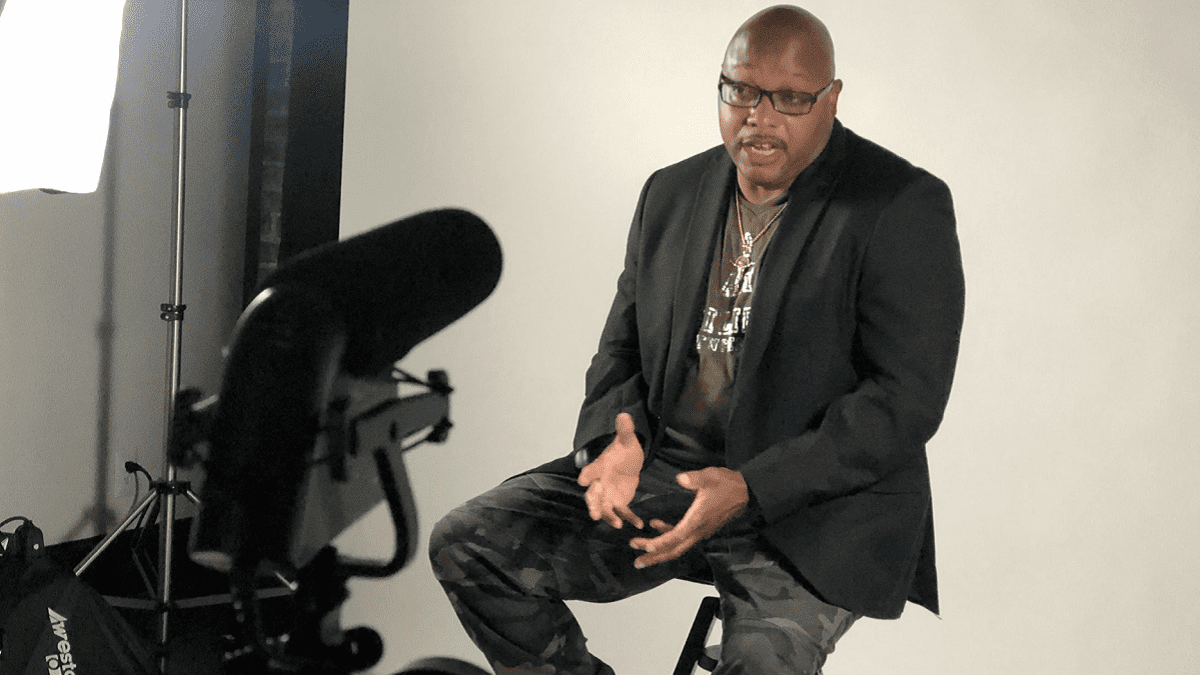Losing a family member like a sibling can leave you devastated and shattered. Navigating the shock can be tough, and feeling emotions like depression are part of healing. Psychologists believe that siblings often become “forgotten mourners” because grief gets overshadowed by other close family members. However, by understanding and practicing different ways to take care of your mental health will help you cope with the loss.
With the death of a sibling in the family, your role also gets redefined within the family. Sometimes unspoken roles and responsibilities come when a sibling dies. With parents in the mourning stage, children may take on new responsibilities, such as becoming the eldest or only child to whom family members look for leadership.
In my case, I lost both the siblings I ever had – my older brother to malaria and my twin brother to suicide. Each loss left me wanting to take on the role of taking care of my parents and supporting my community. I became mental health first aid certified with the Mental Health Commission of Canada and started hosting workshops worldwide to raise mental health awareness. During this pursuit of educating and supporting people suffering in silence, I realized earlier that I had to be relentless in the pursuit of wellbeing to sustain success.
So without further ado, let’s understand how you can best look out for yourself and your loved ones after a family member’s death.
- Find support outside your family.
The grieving process can take a toll on the family’s communication. With everyone overcome with sadness and barely coping with their grief, sometimes it is tough to provide consolation and seek support within the family.
Also, family members are overridden with a sense of despair after losing their beloved, so it is advisable to talk about your grief outside your family. You can connect with people suffering from similar tragedies or someone close to you, like a close friend or a co-worker. If that does not help, you can take professional help like grief counselors and support groups who help many people battle traumatic events and grapple with grief.
These ways will provide a setting to talk with others, let the grieving ones express their feelings, and move forward in their healing journey. Also, grief is the type of sentiment that lessens with time and sharing, It lessens not because the pain reduces, but because you have now found healthier ways to cope and work through the grief. Remember, you either express or you depress. Always choose ways to express yourself! If it is meant to be, it is up to nobody else but YOU to make it happen. Choose recovery!
- Take care of your mental health by practicing mindfulness
Battling with the despair and grief that comes after the untimely demise of a loved one can be damaging to your physical and mental health. While it is pertinent to mention that these emotions are completely normal reactions, there are instances where grappling with grief becomes difficult, and one falls into melancholy.
I want to invite you to sit with your feelings and not avoid them. By that, I mean do not turn on Netflix and binge-watch television shows or movies. There is healing in creating a safe space for yourself to acknowledge your suffering. Sit with it. Feel it to get through it.
Some ways of building mindfulness are journaling, dancing, meditating, walking in nature, swimming, chanting, talking kindly to yourself, and many more.
The healing process can be a time for exploration, experimentation, and an opportunity to reconnect with your values. The self-reflection and endless contemplation while accepting the new normal can lead to finding meaning from your loss or finding outlets for expression or activities that give you a sense of purpose as you consider your future without your loved one.
- Find ways to remember and celebrate your loved ones.
Mending yourself when your loved ones pass away is hard, but the healing process involves giving the fallen member little tributes and cherishing their memories.
Once you reach the stage of grief where you start coming to terms, the pain begins to ease, and you find ways to memorialize your brother or sister to help keep their memory alive and maintain a feeling of connection. Some follow their career path, and others embed their favorite hobbies. Whatever you choose, it is essential to take time to remember your loved ones.
My twin brother and I were only 13 years old when my older brother passed away from Malaria. There were no pictures in our house of our older brother. We never talked about him. We were afraid of bringing up his name in front of our parents because we did not want to add to their suffering. But this led my twin brother to suppress his emotions. He never wanted to stay at home. He always found excuses to be out of the house and spend time with his boys. While there is nothing wrong with his chosen method of mourning, he never learned how to process his emotions healthily.
Sometimes, people deal with grief by drowning themselves in activities against their values, ultimately leading to destruction. Consider volunteering with psychological counseling or mental health charity. Also, try associating yourself with the cause important to your siblings, like their idols or inspiring people they love.
Bottom line
Most importantly, confront your grief, find ways to express it, and find healthy outlets for managing it. When you regain emotional strength, be ready to take on your life goals again. The best way to move on is to find ways to honor your loved one by caring for yourself and those closest to you and allowing yourself the space and resources necessary to heal.
If it gets too much to handle by yourself, remember you are never alone. Reach out to mental health professionals or other self-help support.
“If recovery is meant to be, it is always up to me to make it happen.”
– Aanchal Vash, #1 Bestselling Author, Ongoing Success, and Wellbeing: A Daily Guide to Cultivate Fulfillment in the Pursuit of Achievement

